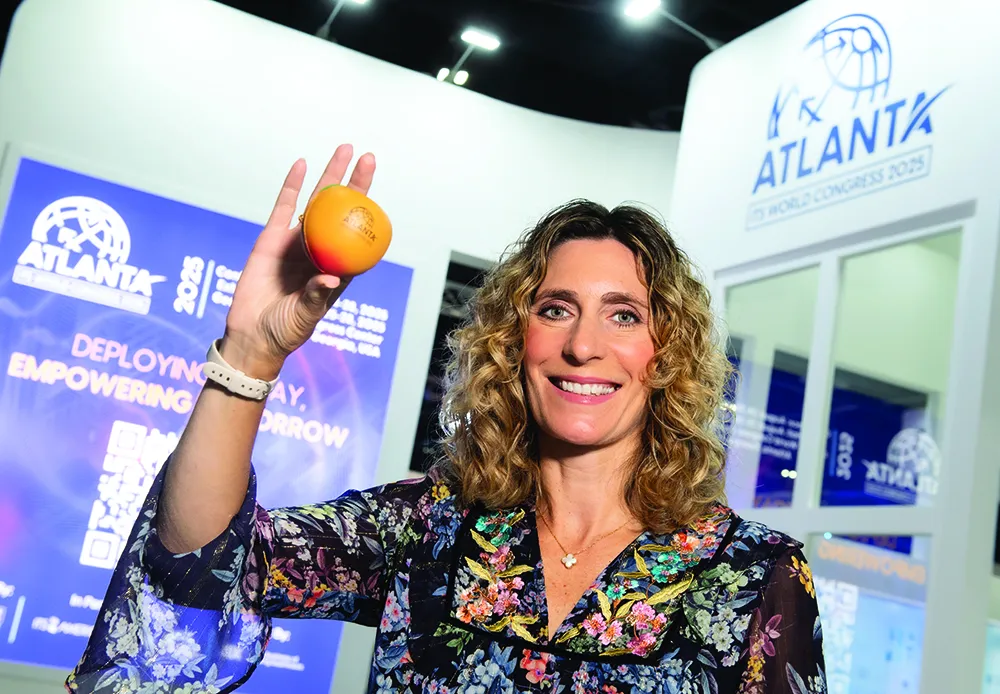As well as featuring its involvement in an innovative new test bed in Australia,
“The age of connectivity is upon us and it is bringing within it transport and mobility innovation on an unprecedented scale,” states Miller Crockart, Vice President Traffic Global Sales & Marketing, “In order to master these challenges cities require an integrated perspective and the time to start designing smarter urban environments.”
PTV Group will showcase the way in which traffic behaviour is most likely to change and how methodological and technical approaches can help to master these new challenges which include new forms of urban mobility: shared vehicles, autonomous driving, real time and mobile information, amongst others, will support this development.
Also, ITS World Congress delegates will find themselves in a brand new test bed when they visit Melbourne. The National Connected Multi-Modal Transport (NCMT) initiative is a collaboration which aims to demonstrate how different modes of transport can be optimised by using real-time data from vehicles and infrastructure so that transport infrastructure can be utilised more efficiently and can react to incidents in real time.
NCMT is a collaboration from a number of organisations, including Victoria’s road agency
Smart living is key for PTV
As well as featuring its involvement in an innovative new test bed in Australia, PTV Group will use the ITS World Congress Melbourne to highlight that smart living needs to be based on smart solutions. As the company points out, buildings and infrastructure pop up like mushrooms creating a steadily rising number of mega-cities and more people means less individual space and increased mobility challenges.
September 7, 2016
Read time: 2 mins









